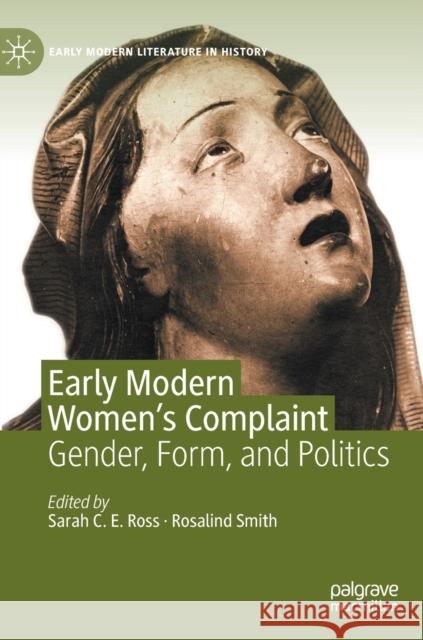Early Modern Women's Complaint: Gender, Form, and Politics » książka
topmenu
Early Modern Women's Complaint: Gender, Form, and Politics
ISBN-13: 9783030429454 / Angielski / Twarda / 2020 / 370 str.
Early Modern Women's Complaint: Gender, Form, and Politics
ISBN-13: 9783030429454 / Angielski / Twarda / 2020 / 370 str.
cena 483,04
(netto: 460,04 VAT: 5%)
Najniższa cena z 30 dni: 424,07
(netto: 460,04 VAT: 5%)
Najniższa cena z 30 dni: 424,07
Termin realizacji zamówienia:
ok. 22 dni roboczych.
ok. 22 dni roboczych.
Darmowa dostawa!
Kategorie:
Kategorie BISAC:
Wydawca:
Palgrave MacMillan
Seria wydawnicza:
Język:
Angielski
ISBN-13:
9783030429454
Rok wydania:
2020
Wydanie:
2020
Numer serii:
000030930
Ilość stron:
370
Waga:
0.66 kg
Wymiary:
21.01 x 14.81 x 2.54
Oprawa:
Twarda
Wolumenów:
01
Dodatkowe informacje:
Wydanie ilustrowane











